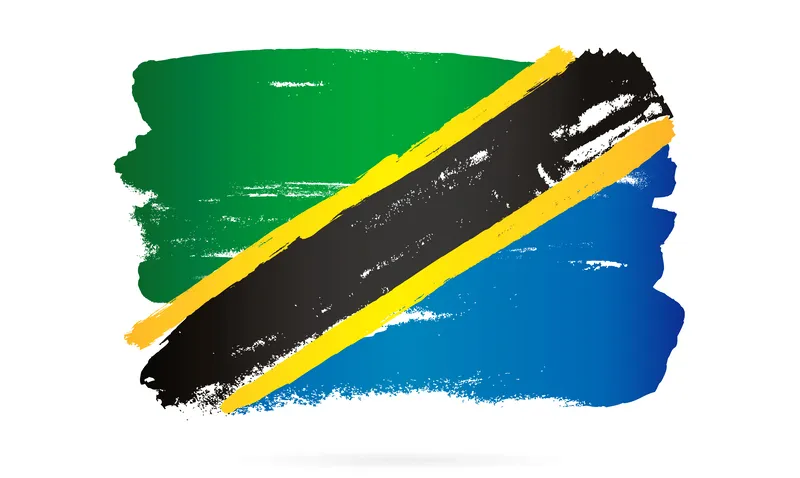
The World Bank's Global Road Safety Facility (GRSF) and the United Nations Road Safety Fund (UNRSF) are funding an evaluation of a road safety plan in Tanzania.
The GRSF says Tanzania will be the first country to use the UN Road Safety Collaboration's (UNRSC) Ten Step Plan for Safer Road Infrastructure.
UNRSF invests in projects that identify missing elements in national road safety systems.
The UNRSC developed the plan to support various UN objectives around improving technical standards for existing road networks.
The ten-step approach will seek to improve national road safety policies, national road design standards and training. It will also include work to embed road safety skills as part of the Regional Centre of Excellence for Road Safety being created with support from the African Development Bank.
Dr. Soames Job, head of GRSF, says: “This joint undertaking is an important step for saving lives and preventing debilitating injuries in Tanzania.”
GRSF and UNRSF will share information with the government of Tanzania and other partners such as the UN Economic Commission for Africa, the International Road Federation and the World Roads Association.
GRSF funding comes from the Road Safety Grant Programme, which supports road safety research and initiatives by distributing funding externally to global partners.









